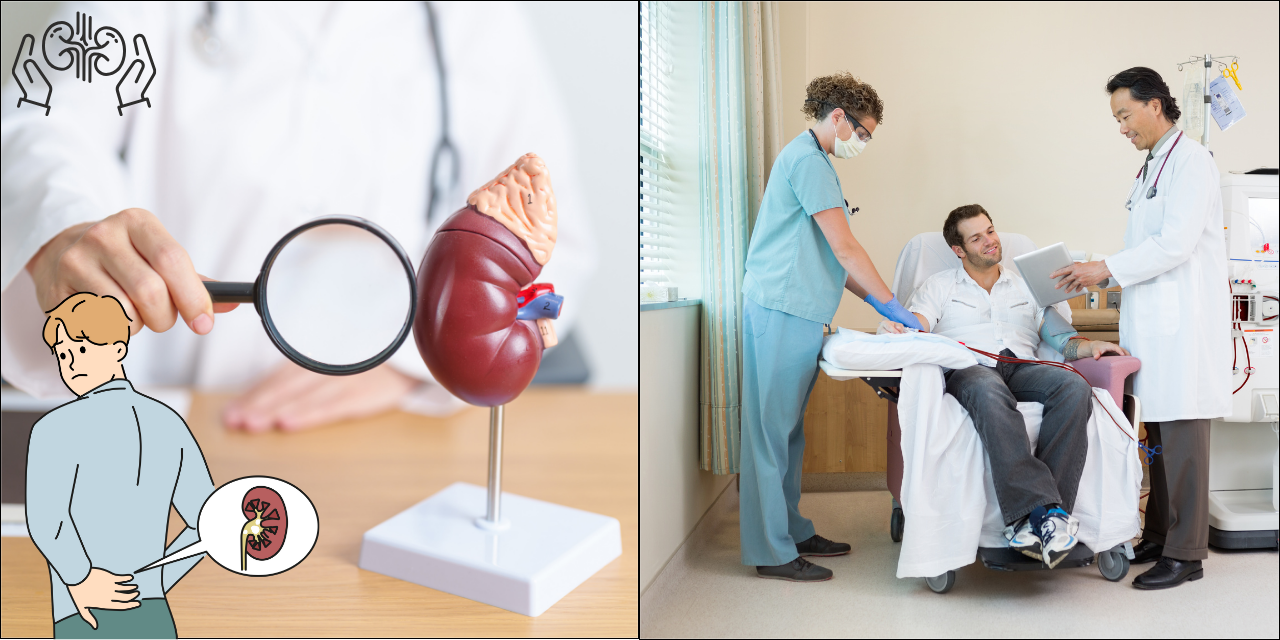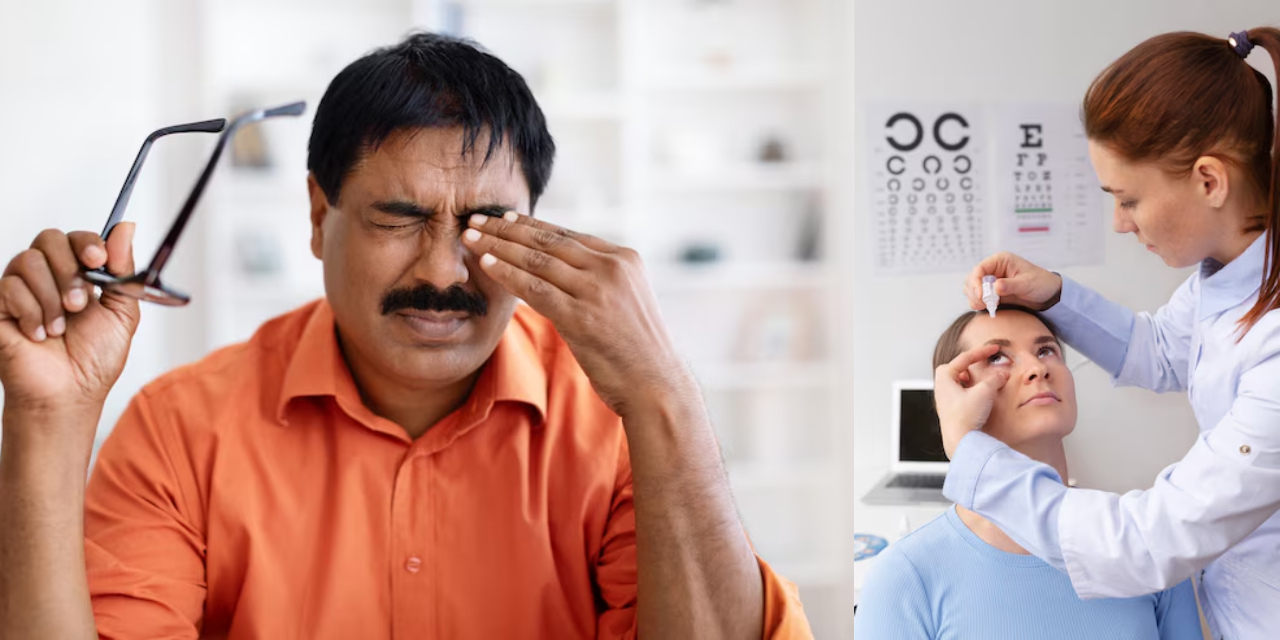Kidney disease is a growing concern worldwide, with millions of people suffering from it without even knowing. Early detection plays a critical role in preventing the progression of kidney-related issues, making it crucial to understand why regular screening for kidney disease can save your life. This article highlights the importance of early diagnosis, the risk factors for kidney disease, and how timely intervention can lead to better outcomes. If you’re in Ambala or surrounding areas, understanding kidney health and acting early can make all the difference.
Understanding Kidney Disease
CKD is characterized by a gradual loss of kidney function over time. The kidneys play a crucial role in filtering waste and excess fluids from the blood, maintaining electrolyte balance, and regulating blood pressure. When kidney function declines, harmful substances build up in the body, leading to various health issues. Unfortunately, many individuals remain unaware of their condition until it reaches an advanced stage, making early detection vital.
Silent Nature of Kidney Disease
Kidney disease is often called a “silent killer” because it develops gradually and may not show symptoms until the kidneys are severely damaged. At this stage, treatments may be less effective, and kidney function may have already deteriorated significantly. This is why early detection is essential in managing kidney disease and preventing complications such as kidney failure, high blood pressure, and heart disease.
How Early Detection Can Prevent Kidney Disease Progression
Early detection of kidney disease can significantly reduce the risk of complications and improve long-term outcomes. Several simple tests can detect kidney disease early, even before symptoms appear. The two primary tests used to diagnose kidney disease are:
- Urine Test: This test checks for proteins in the urine, which can indicate kidney damage. Protein in the urine (proteinuria) is one of the first signs of kidney disease.
- Blood Test (eGFR): The estimated glomerular filtration rate (eGFR) is a measure of kidney function that indicates how well your kidneys are filtering waste from the blood. A lower eGFR can suggest kidney damage or disease.
If kidney disease is detected early, doctors can recommend lifestyle changes, medications, or other interventions that can slow its progression and potentially reverse damage.
Treatment and Management of Kidney Disease
Once kidney disease is detected, early intervention can slow or even stop the progression of the disease. Some of the treatments and management strategies include:
- Medication: Drugs to control blood pressure, blood sugar, or cholesterol can help protect the kidneys.
- Lifestyle Changes: Adopting a healthier diet, maintaining a healthy weight, quitting smoking, and limiting alcohol intake can reduce the burden on the kidneys.
- Dialysis: If kidney function worsens, dialysis may be needed to perform the work that the kidneys can no longer do. However, early detection and management can delay or prevent the need for dialysis.
- Kidney Transplant: In severe cases of kidney failure, a kidney transplant may be necessary.
By catching kidney disease early, the severity of the disease can be controlled, and patients can lead longer, healthier lives.
Conclusion
In Summary, early detection of kidney disease is a life-saving measure. If you are in Ambala or nearby areas, it’s never too late to get your kidneys checked, especially if you have risk factors such as diabetes, high blood pressure, or a family history of kidney disease. Regular screening and timely intervention can significantly improve your kidney health and prevent severe complications.
If you’re concerned about kidney disease, don’t wait until symptoms appear. Contact Dr. Vishal Mehra, an experienced nephrologist, at Mehra Hospital – Diabetes and Dialysis Centres. With the right treatment and care, kidney disease can be managed effectively. For more information or to schedule an appointment, call +91 1712553183 today. Don’t let kidney disease go undiagnosed – your health depends on it!













